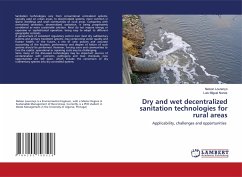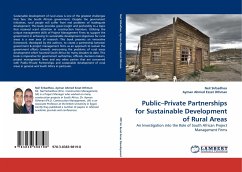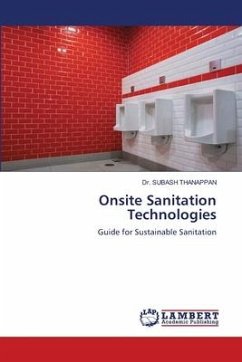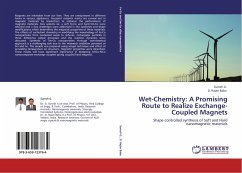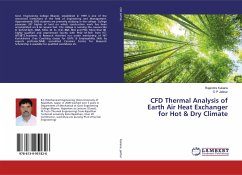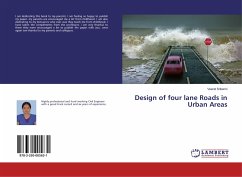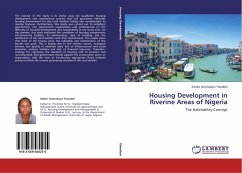Sanitation technologies vary from conventional centralized systems, typically used on urban areas, to decentralized systems, more common in sparse dwellings and small communities of rural areas. Comparing with centralized sanitation, decentralized sanitation, is being progressively considered as more sustainable solution. Most do not require energy or expensive or sophisticated operation, being easy to adapt to different geographic contexts. A general lack of consistent regulatory control over most dry rudimentary systems and primary treatment systems, may compromise water quality and human health. In the future, a mix of new policies and accurate accounting of the location, performance and degree of failure of such systems should be performed. However, forcing users and communities to face the capital, operational or repairing costs may be challenging. Since many of the discussed technologies may be important sources of contamination with nutrients, pathogens and toxic chemicals, new opportunities are still open, which include the conversion of dry rudimentary systems into dry controlled systems.
Hinweis: Dieser Artikel kann nur an eine deutsche Lieferadresse ausgeliefert werden.
Hinweis: Dieser Artikel kann nur an eine deutsche Lieferadresse ausgeliefert werden.

